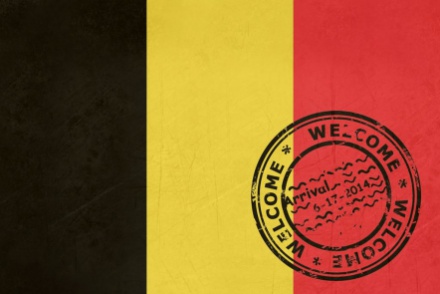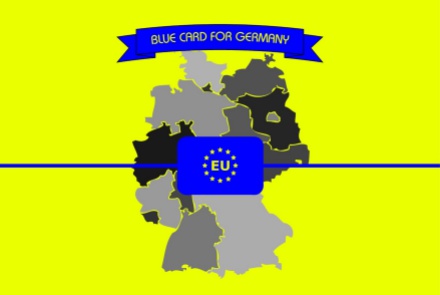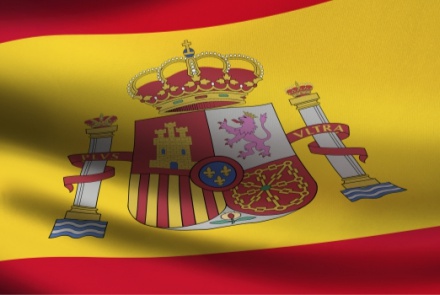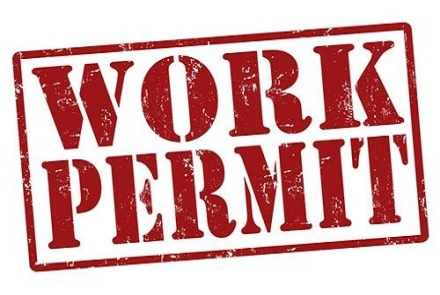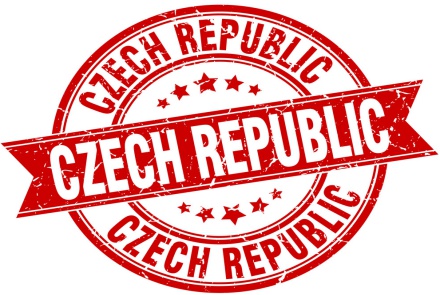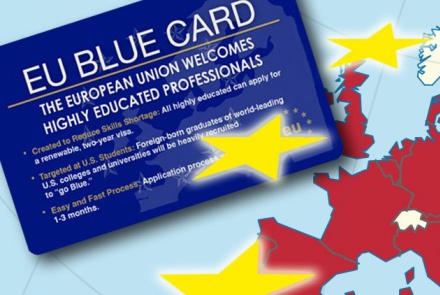Transfer of employees from the "parent to a subsidiary" company (Inter Company Transfer)

How to transfer employees of an enterprise registered outside the EU into the business structure of one of the EU countries for a period exceeding three months?
The answer is determined by the European ICT Directive on the transfer of employees from company to company, which describes the conditions for the entry & residence & employment of third-country nationals moving both to the EU and within the EU under the ICT procedure.
The directive applies in the following cases:
- a seconded person is not an EU citizen,
- the transfer is carried out within the framework of a group of international companies (there are no restrictions on the minimum volume of sales of companies, which allows the Directive to be used in relation to both large and small businesses),
- the seconded person has an employment contract with a company registered outside the EU (parent company) but belonging to the same group of companies as the company from the EU (the receiving party),
- the duration of the transfer is more than 90 days.
The directive applies to the following employees:
- managers and specialists (at the level of key personnel), trainees,
- managers and specialists must continuously work in the parent company from three to twelve months before the transfer,
- trainees - from three to six months. In addition, trainees should, if necessary, provide a training contract that includes a description of the training program, the duration and conditions that can be monitored and from which it follows that the trainees are not used by the employer as full-time employees.
- Managers and specialists must have professional qualifications and work experience that meets the requirements of the host country. Trainees must have a master's degree.
- The maximum transfer period is three years for managers and specialists, one year for trainees.
After the maximum period expires, the seconded person must return to his homeland, after which a certain period of time (about six months) must elapse before the time of the new trip (transfer). In connection with this requirement, the seconded must have a long-term contract with the parent company, which guarantees that the employee will be provided with work after his return after three years.
A test on the labor market (the rationale for employing a seconded person in the presence of similar specialists - EU citizens) is not a prerequisite.
Individuals seconded within the framework of ICT should receive a special national and / or combined visa “residence & work permit” with reference to the Directive abbreviated as “ICT”.
The ICT directive should help simplify the transfer of personnel not only to one of the EU member states, but also within the EU if the group companies are registered in different EU countries.
The procedure distinguishes between:
- short-term transfer from one EU member state to another for up to 90 days during the main transfer period (business trip),
- long-term transfer from one EU member state to another for more than 90 days.
As for short-term transfers, there are two options. A seconded person who has received a combined residence permit & work permit for ICT in one EU member state may work in another state without any additional requirements. As an exception, the second EU Member State may require receipt of a notice about the work of the transferred employee in its territory.
With regard to long-term transfers, each EU Member State may require a notification procedure or, alternatively, an additional combined residence permit & work permit, which, in combination with an already obtained permit, is called “mobile ICT”. Moreover, the seconded person will be allowed to start working in the second EU member state after submitting an application for mobile ICT, even if a positive decision on the application has not yet been made.
The ICT Directive provides for the possibility for EU member states to apply the procedure of special registration of receiving (subsidiary) companies of the group. As a result, the group company receives the status of a trusted hosting company. The main advantage is the simplification of the procedure for obtaining a residence permit & permissions to work with the abbreviations ICT and mobile ICT. They must be completed within a special reduced period of less than 90 days.
A number of countries:
- Bulgaria,
- France,
- Hungary,
- Netherlands,
- Spain (partially)
- Italy,
at the end of 2016 declared their recognition of the Directive, although the rest of the EU members started implementing the Directive with a long delay.
In fairness, the ICT procedure remained in demand long before the appearance of the aforementioned Directive. It was successfully used to transfer employees to Austria, Denmark, France, Spain, Italy, Malta, Slovenia, Sweden, Switzerland, the UK, Ireland.
We should make a comment, there was no simple solution to the “transfer problem”, as in any case, a work permit and residence permit were required. Moreover, there was no unified approach to obtaining a work permit & residence permit, since each of the EU countries dictated its own conditions for the implementation of these procedures.
In general, the seconded person had to work in the parent company for at least six months before the transfer (the term varied depending on the country where the transfer was made, but, as a rule, only in a larger term), receive regular wages ( not less than defined by law, depending on the EU country), obtain a health insurance policy ...
Documents confirming the fulfillment of these requirements requested by the immigration authorities already at the stage of obtaining a work permit.
Considering that all EU countries are interested in attracting highly qualified personnel, the transfer of unqualified workers, as a rule, was not possible. In this regard, it was very common that seconded person should have a higher education or relevant work experience, and also receive a salary equivalent to the salary of specialists of a similar level in the country where the work permit was requested.
The wording “relevant work experience” is very vague, so if the seconded person did not have a higher education (but had experience!), then this applicant had to seriously contend for the work permit, since there were no intelligible matching criteria between education and experience.
The introduction of the new Directive is seen as a real step towards ICT simplification. How quickly this goal will be achieved, time will tell...
On the other hand, no one has canceled the schemes in force before the adoption of the Directive.
Our company has sufficient experience in implementing ICT. Therefore, we are ready to answer your questions and ensure the practical implementation of the relevant procedures.


